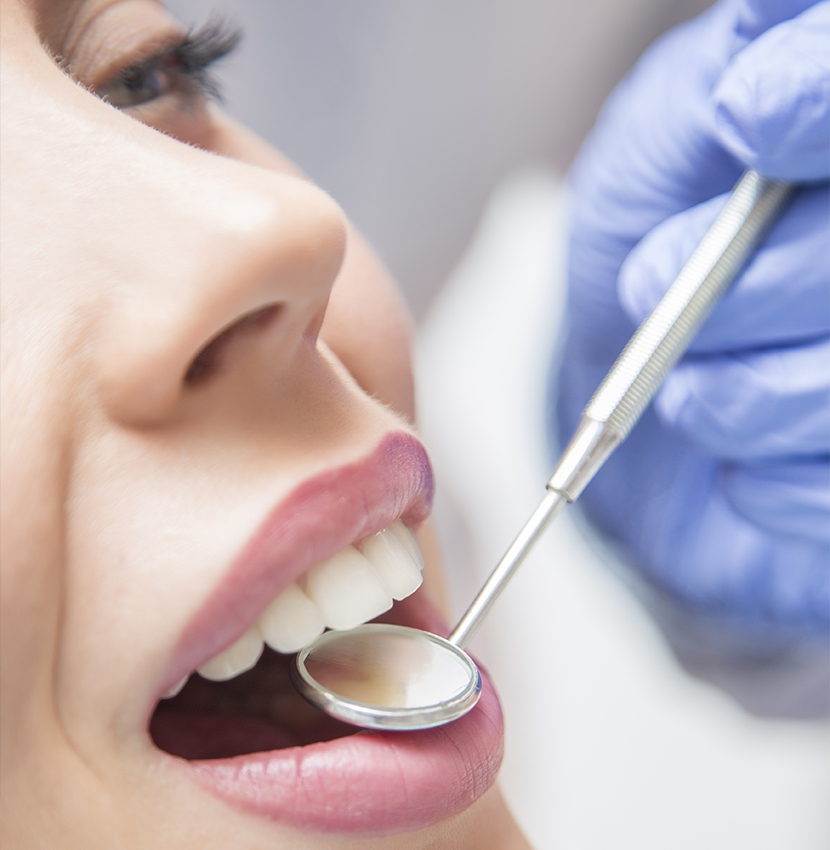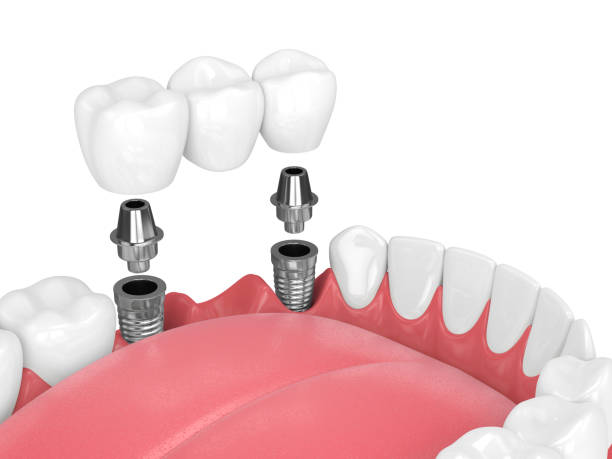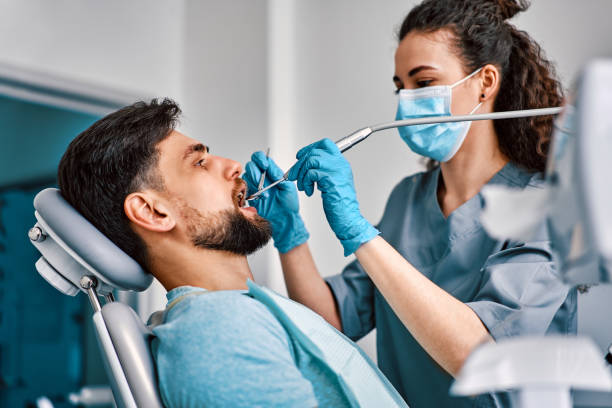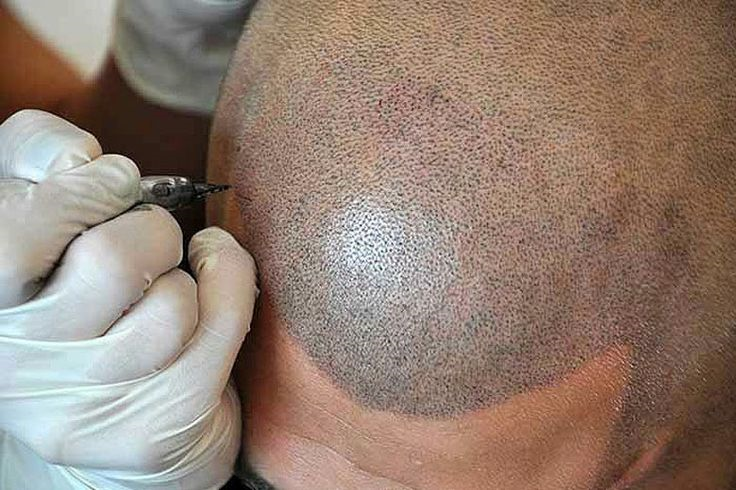With growing interest in natural health and wellness, many people turn to homemade or natural teeth whitening remedies as a safer, cheaper alternative to professional treatments. If you’re considering options for brighter teeth and are researching teeth whitening in Riyadh, it’s essential to separate myth from fact when it comes to these popular natural solutions.
While some natural methods may help reduce surface stains, others can damage enamel or fail to deliver any real whitening. Here’s an in-depth look at what works, what doesn’t, and how to protect your smile safely.
Popular Natural Whitening Remedies Explained:
Several household ingredients are commonly used to whiten teeth. Let’s explore their effects, benefits, and risks.
Baking Soda:
Baking soda is a mild abrasive that can remove surface stains from your teeth by physically scrubbing away discoloration.
-
Benefits:
-
Affordable and widely available
-
Can help neutralize acids in the mouth
-
Mild stain remover for surface discoloration
-
-
Risks:
-
Overuse can erode enamel, increasing sensitivity
-
Abrasive action does not change natural tooth color
-
Activated Charcoal:
Used as a detoxifying agent, activated charcoal is believed to absorb stains and toxins on teeth.
-
Benefits:
-
Removes some surface stains temporarily
-
Popular among natural health enthusiasts
-
-
Risks:
-
Abrasive particles can damage enamel if used aggressively
-
Lack of scientific evidence supporting lasting whitening effects
-
Oil Pulling:
This ancient practice involves swishing oil (often coconut) in the mouth for 10–20 minutes to remove bacteria and purportedly whiten teeth.
-
Benefits:
-
Can improve oral hygiene by reducing harmful bacteria
-
Non-invasive and safe as a mouth rinse
-
-
Risks:
-
No direct whitening effect on tooth enamel
-
Time-consuming with minimal cosmetic benefits
-
Lemon or Orange Peel:
Some recommend rubbing citrus peels on teeth for their natural acidity and vitamin C content.
-
Benefits:
-
Mild antibacterial properties
-
-
Risks:
-
Acidic nature can erode enamel, causing sensitivity and damage
-
Not recommended by dental professionals
-
Why Natural Remedies May Not Deliver Lasting Whitening:
Natural ingredients often target surface stains but lack the bleaching agents needed to change the intrinsic color of teeth. Unlike professional treatments that use hydrogen peroxide or carbamide peroxide, these remedies cannot penetrate enamel to break down deeper discoloration.
Limitations of natural whitening:
-
Surface stain removal only — no true bleaching effect
-
Potential enamel erosion from abrasives or acids
-
Lack of clinical evidence supporting sustained results
-
Increased risk of sensitivity and gum irritation
If you’re serious about long-lasting brightness, relying solely on natural remedies may disappoint.
Safe Natural Practices to Support Whitening:
While natural remedies have limitations, certain habits can complement professional whitening and maintain oral health.
Dentist-approved natural habits:
-
Regular brushing with fluoride toothpaste to prevent stains
-
Eating crunchy fruits and vegetables like apples and carrots, which naturally scrub teeth
-
Drinking plenty of water to wash away staining agents after meals
-
Avoiding excessive coffee, tea, and tobacco to limit staining
Incorporating these lifestyle changes alongside professional care can help maintain a radiant smile.
The Role of Professional Whitening in Riyadh:
For those seeking effective, safe whitening, professional treatments remain the most reliable option. Clinics offering teeth whitening in Riyadh provide customized solutions that:
-
Use safe concentrations of bleaching agents to protect enamel
-
Offer quick and noticeable results under expert supervision
-
Manage sensitivity with desensitizing agents
-
Include follow-up care and maintenance advice
Professional care balances efficacy with oral health, making it the preferred choice for long-term whitening goals.
When to Consult a Dentist Before Trying Natural Remedies:
If you have sensitive teeth, gum issues, or existing dental work, always consult a dental professional before trying any whitening method—natural or otherwise.
Reasons to seek professional advice:
-
Risk of enamel erosion or gum damage
-
Potential interactions with dental restorations (crowns, veneers)
-
Underlying oral health problems causing discoloration
-
Personalized recommendations for safe whitening
Your dentist can guide you toward treatments that fit your lifestyle and oral health needs.
Final Thoughts:
Natural teeth whitening remedies can offer some benefits for surface stain removal but are no substitute for professional whitening when it comes to real, lasting results. Many popular natural methods carry risks of enamel damage and increased sensitivity if misused.
If you’re looking for a brighter smile with confidence, combining good daily habits with professional care—like trusted clinics providing teeth whitening in Riyadh—ensures safety, effectiveness, and peace of mind.







0 Comments